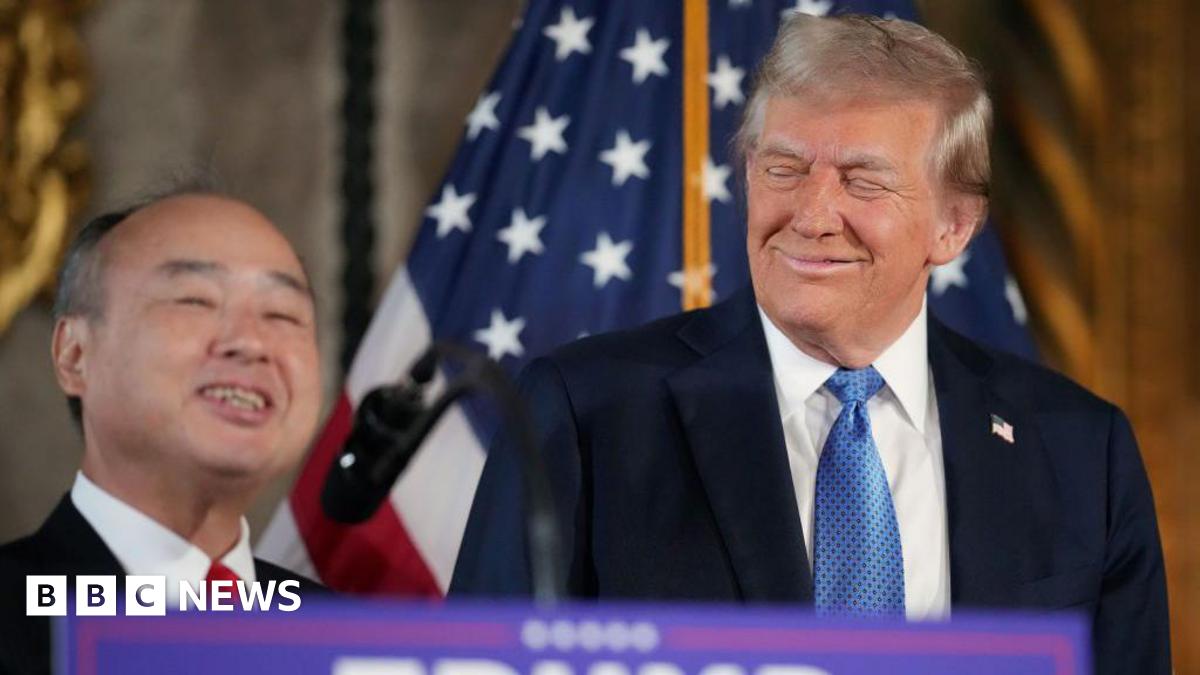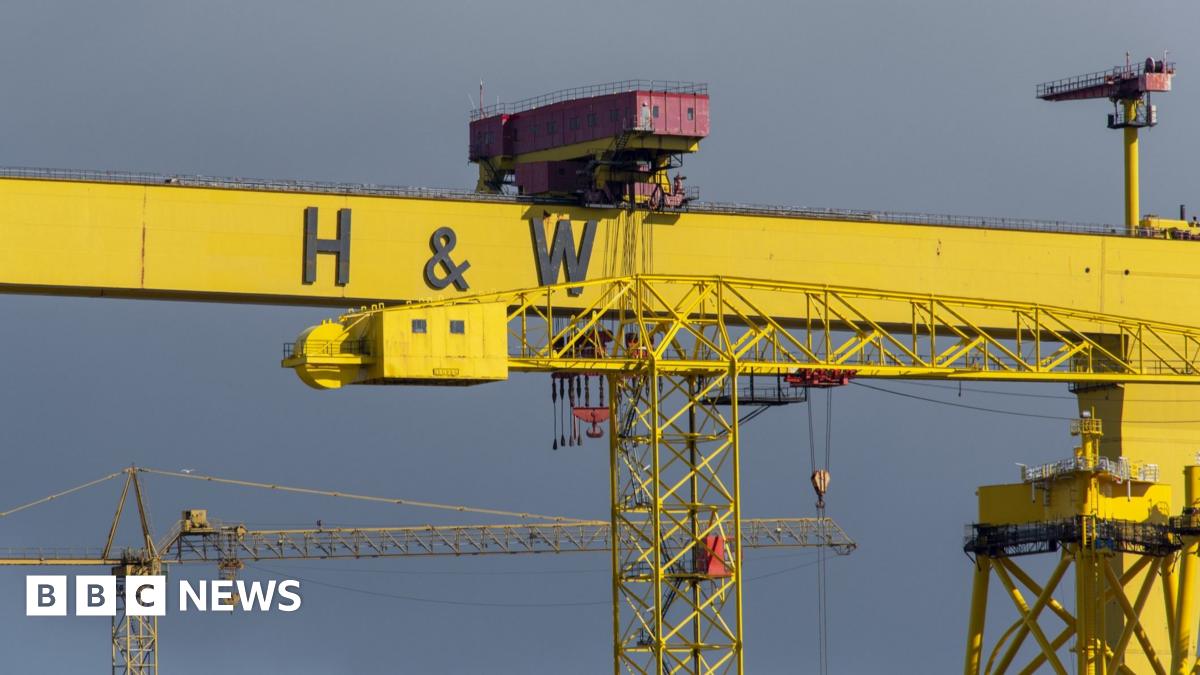Bribe payments by oil trading giant Vitol Group were facilitated by an accounting system that allowed employees to bypass internal controls, according to a company official.
Traders could circumvent Vitol’s accounting systems by requesting manual payments to be authorized by senior employees, Valentine Douglas, Vitol’s treasury and financial operations manager, told a federal jury in Brooklyn, New York this week. The jury was shown emails from two employees at Vitol in Geneva authorizing payments of money that was ultimately used for bribes.
The revelations are the latest from the trial of former Vitol trader Javier Aguilar to shine an unflattering light on the commodity trading industry’s approach to bribery and corruption. Vitol, the world’s largest independent oil trader with annual revenues in the hundreds of billions, in 2020
Aguilar is accused of running a five-year bribery and money-laundering scheme while based in Houston. He denies the government’s charges, claiming he was framed by a superior at Vitol.
The jury also heard that Aguilar, a mid-level trader specializing in liquefied petroleum gas, or LPG, had shares in Vitol worth $75.5 million in 2020, the year he was indicted. The company, which is owned by its employees, has the ability to forfeit the shares of an employee who commits a crime, according to Douglas, though it wasn’t clear from his testimony whether Aguilar remains a shareholder.
Prosecutors allege that Aguilar instructed Vitol to make payments to a middleman, Lionel Hanst, based on the Caribbean island of Curacao. From there, the money was further distributed and ultimately used to pay $870,000 in bribes to officials in Ecuador and Mexico.
Douglas testified that Vitol’s two accounting systems contained no record of the payments to Hanst’s companies. But he said that it was possible to make a manual payment that bypassed those systems during the period of alleged wrongdoing.
Lawyers for Aguilar showed jurors emails from two Vitol executives in Geneva authorizing seven payments, each for hundreds of thousands of dollars, to Hanst’s firms. There was no suggestion that the Geneva executives were aware the money would be used to pay bribes.
“If a payment is made manually, then all of the system checks that we have in place to scan those payments before they’re made do not occur. So it can be a way of going around internal checks,” said Douglas, who works for Vitol in the Netherlands and was asked to testify as part of the company’s cooperation agreement with the U.S. government.
A spokesperson for Vitol declined to comment.
Hanst has pleaded guilty to paying the bribes on Aguilar’s behalf and started testifying on Tuesday. He testified that he used two shell entities to pay as many as 20 brokers who participated in the scheme, pocketing a 5% fee for himself. He told jurors that he never performed any services described in sham agreements used to justify the payments.
“I was making payments for services that had not been rendered,” Hanst said. He also testified to receiving directions, contracts and invoices via fax from Vitol’s offices in Geneva. The sender of the documents was unidentified, Hanst said.
The U.S. has alleged Aguilar and Hanst caused approximately $21 million to be wired from Vitol’s bank accounts in the U.K. to Hanst’s shell companies.
The case is: U.S. v. Aguilar, 20-CR-390, Eastern District of New York (Brooklyn).
Credit: Source link











